 Operating from 2016 until 2018, the Flawless IPTV service copied subscription TV broadcasts from official (and unofficial) sources and then restreamed that content to tens of thousands of customers, at a dramatically cut down price.
Operating from 2016 until 2018, the Flawless IPTV service copied subscription TV broadcasts from official (and unofficial) sources and then restreamed that content to tens of thousands of customers, at a dramatically cut down price.
For many UK football fans, Flawless granted access to the sport they love, at a price they could afford. Others viewed the service quite differently.
From the Premier League’s perspective, Flawless was a fraudulent, criminal enterprise that stole potential revenue from the country’s leading football clubs. Through its illegal participation in the subscription TV market, Flawless had a direct impact on Sky and Virgin Media subscription package sales.
More broadly, Flawless undermined the Premier League’s right to offer exclusive broadcasting licenses in the UK and that had the potential to affect how much broadcasters were prepared to pay for those licenses.
Today’s Sentencing Hearing
Following an extraordinarily deep and costly investigation, and a five-year Premier League private prosecution, five men behind the UK’s largest-ever piracy service were sentenced today at Chesterfield Justice Centre.
Mark Gould, Steven Gordon, Peter Jolley, Christopher Felvus and William Brown were sentenced to more than 30 years in prison combined. A sixth defendant, Zak Smith, did not appear in court.
In total, Flawless operated for just 22 months but still managed to generate an estimated £4.6 million in revenue. £3.7 million of that was profit, split very unequally between those sent to prison today.
Mark Gould, 36, was the driving force behind Flawless. His share of the profit was around £1.7 million. Today he received an unprecedented 11-year sentence on two counts of conspiracy to defraud and contempt of court.
Steven Gordon’s cut was significant too, roughly £1 million according to the prosecution. Two counts of conspiracy to defraud and contempt of court led to a sentence of five years and two months.
Peter Jolley’s share of the profit was reported as £773,000. He received a sentence of five years and two months, on two counts of conspiracy to defraud and money laundering.
Christopher Felvus’ share was a
relatively
modest £164,500. Two counts of conspiracy to defraud earned him a sentence of three years and 11 months.
William Brown made just £15,000 but after pleading not guilty and then losing his case, today he was sentenced to four years and nine months, on two counts of conspiracy to defraud.
Zak Smith appears to have made less than £5,000 from Flawless. He did not appear in court today and a warrant was issued for his arrest.
What follows are just some of the events that led to the men being sentenced today, including why Flawless was so successful, and how it all fell apart.
Flawless Won Fans By Exploiting a Restricted Market, Fraudulently
Top-tier football matches in England take place in the Premier League, a league operated by a company of the same name, owned by the clubs that play in it.
Premier League broadcasting rights cost billions, so when broadcasters like Sky and Virgin hand over their share of the cash for exclusive local rights, recouping that cash from UK football fans is reflected in costly subscription package prices.
For cash-strapped football fans in the UK, pirate IPTV providers represent choice and affordability in a market where very little exists. Subscriptions available at a fraction of the official cost are a huge draw but the elephant in the room is unavoidable.
Pirate IPTV services cost less and offer more, but that’s only because they pay nothing to rightsholders like the Premier League, while paying nothing to broadcasters whose transmissions they copy.
The end result of an aggressive Premier League private prosecution spanning five years, the sentences handed down today show that undermining corporations worth billions has the potential to end in complete catastrophe for IPTV operators. It also ends badly for football fans and the public in general.
While this was a private prosecution, the Premier League – and by extension Premier League clubs – will now recoup the costs of the investigation and prosecution from the Crown, meaning that tax paying football fans and taxpayers in general will pick up an incredibly large bill.
Flawless IPTV
Launched around August 2016, Flawless IPTV began as a three-way partnership consisting of Mark Gould, Steven Gordon, and Peter Jolley, all of whom had parted ways with another IPTV provider, known online as Overlords. Christopher Felvus, who was also active in the pirate IPTV scene, made up the quartet and for Flawless, it was game on.
In common with licensed services, pirate IPTV providers have broadly two options for reaching the market. Selling subscriptions directly to consumers makes the most money on paper but also causes the most headaches. Selling to customers via resellers makes considerably less, but in many cases a 40% cut may be considered worth it.
Flawless decided to cover both angles by selling direct from its own website and social medias, and also indirectly via a network of resellers.
With a heavy focus on Premier League content, particularly matches broadcast during the UK’s ‘3pm blackout’, Flawless and success went hand in hand. A big hit with football fans, the IPTV service went from strength to strength with a comprehensive, mostly reliable product, for just £10 per month. For a while, everything went broadly to plan.
Numerous behind-the-scenes dramas, some worthy of a TV series in their own right, kept the business on its toes in the months to come. Yet after signing up thousands of customers with no notable issues, a subscription purchased in 2017 sparked a massive criminal investigation and marked the beginning of the end for the entire service.
Charity Received Complaints
Crimestoppers, a UK charity famous for its anonymous tip lines, is said to have received complaints about Flawless in the summer of 2017. Instead of contacting the police, Crimestoppers alerted the Federation Against Copyright Theft (FACT) which led to a covert purchase of a Flawless subscription in October of the same year.
After concluding that Flawless offered streams broadcast by Sky and Virgin, among others, FACT leveraged its connections in government, law enforcement agencies, and civil authorities, calling for action to defend the Premier League’s rights.
A report to GAIN, the Government Agency Intelligence Network, led to the allocation of significant public resources. With the support of a dedicated financial investigator, a senior Trading Standards officer took over the investigation and a little over six months later, Flawless was all but finished.
Mark Gould Arrested First, Others follow
In May 2018, search warrants were executed at two addresses in London. Gould was arrested at his home in Greenwich, an apartment on the river recently purchased for £600,000 – cash.
Around a month later the authorities arrested Steven Gordon and Peter Jolley, and three weeks after that Christopher Felvus was detained. William Brown and Zak Smith were arrested early August 2018 but it would be another five months before the case was submitted to the court, and another three years before today’s sentencing.
Profitable Business, But Not For All
In total, Flawless operated for just 22 months but still managed to generate an estimated £4.6 million in revenue, £3.7 million of that in profit. As highlighted earlier, Gould is said to have made most from the operation, around £1.7 million.
William Brown made almost nothing from Flawless yet today received a sentence roughly on par with that handed to Steven Gordon, who made more than £1 million from the operation and was also held in contempt of court. In common with all of the defendants sentenced today, Brown had no previous convictions.
Warrant Issued For Arrest of Zak Smith
This curious anomaly leads us to Zak Smith, his apparent absence from court today, and a warrant for his arrest. Smith made roughly three times less than Brown, around £5,000, but was expected to receive a similar sentence today. The reasons for that are extraordinary.
The details of Smith’s involvement aren’t just interesting, they are arguably worthy of a Netflix drama series in their own right. Smith worked at anti-piracy company Friend MTS, known for working with the Premier League to ensure that pirate services are blocked by ISPs during match times.
This type of blocking is authorized by High Court injunction, the finer details of which are closely guarded secrets. Or at least that’s the usual plan. In some cases blocking programs appear suddenly ineffective, with services like Flawless operating broadly as usual, with Flawless competitors not doing anywhere near as well.
We’ll return to that story very soon and reveal how the dismantling of Flawless was interpreted as a prompt to launch more IPTV services that made even more money.
From:
TF
, for the latest news on copyright battles, piracy and more.
chevron_right
 Pirate sites come and go, often without being noticed by the public at large. That was certainly not the case when
RARBG said its goodbyes
yesterday.
Pirate sites come and go, often without being noticed by the public at large. That was certainly not the case when
RARBG said its goodbyes
yesterday.

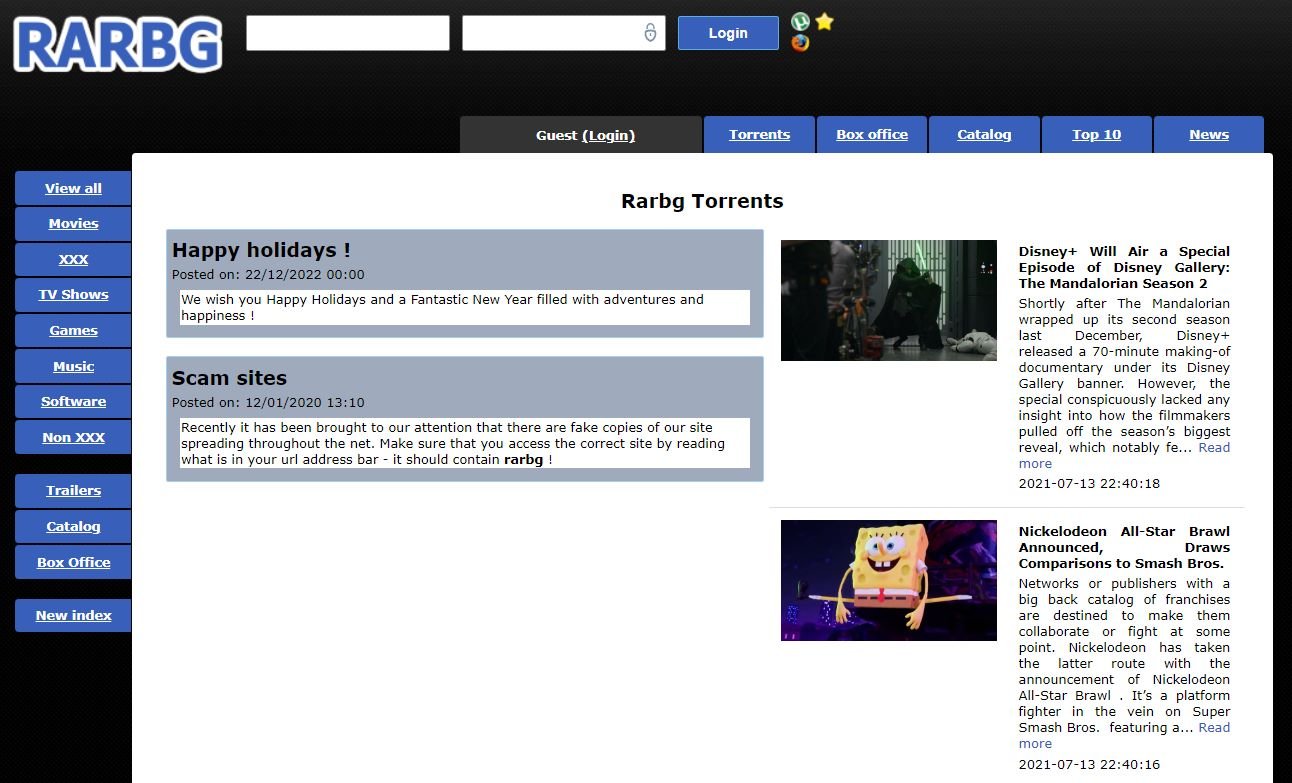

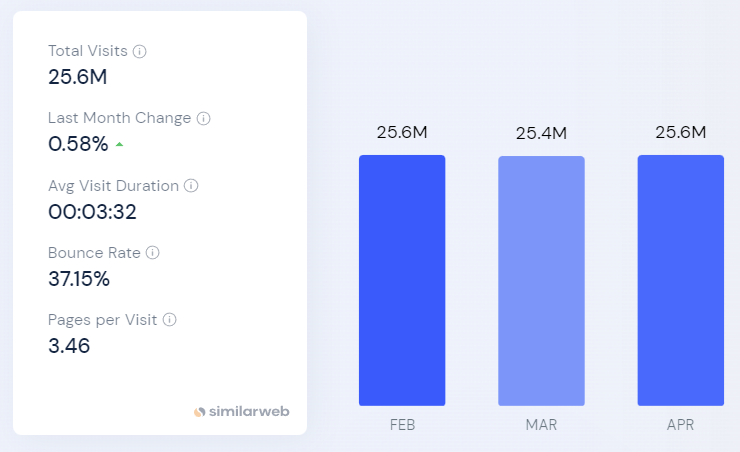
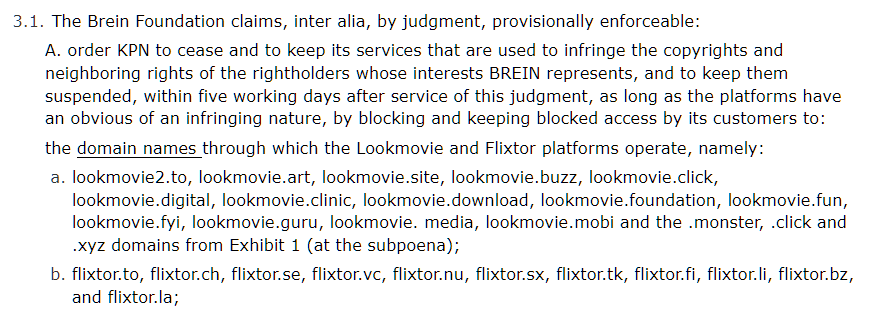
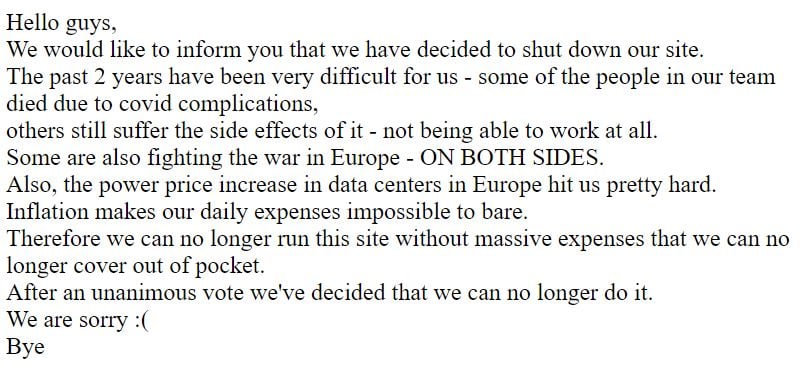
 In recent years, website blocking has become one of the most widely-used anti-piracy enforcement mechanisms in the world.
In recent years, website blocking has become one of the most widely-used anti-piracy enforcement mechanisms in the world.
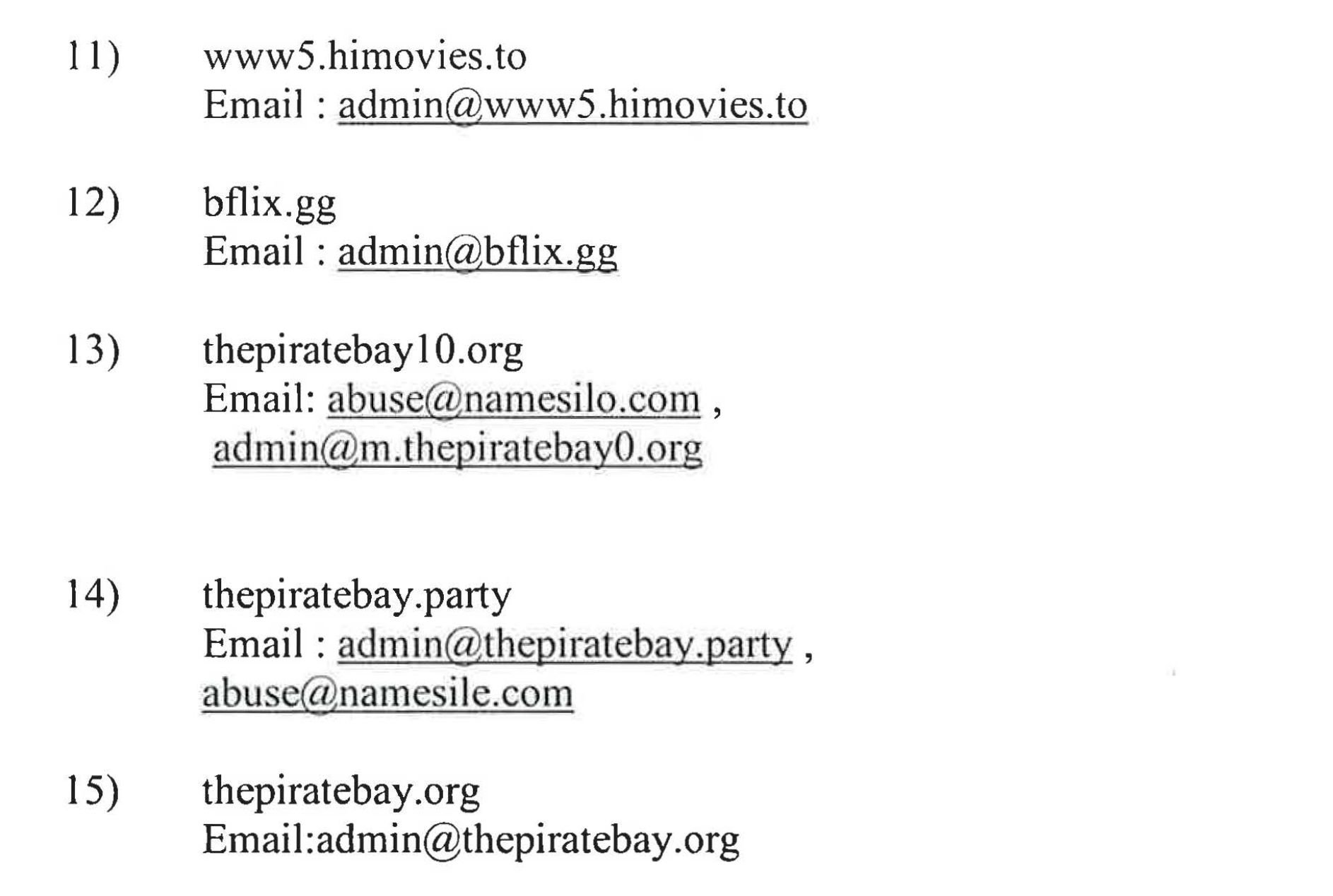


 For many years, U.S. lawmakers have considered amending legislation so that today’s online copyright issues can be addressed more effectively.
For many years, U.S. lawmakers have considered amending legislation so that today’s online copyright issues can be addressed more effectively.


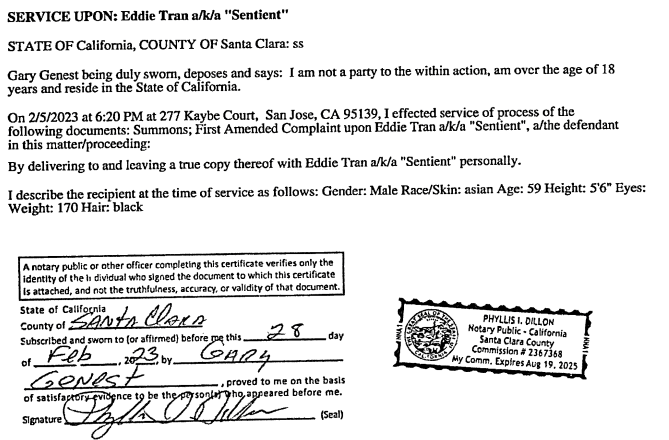
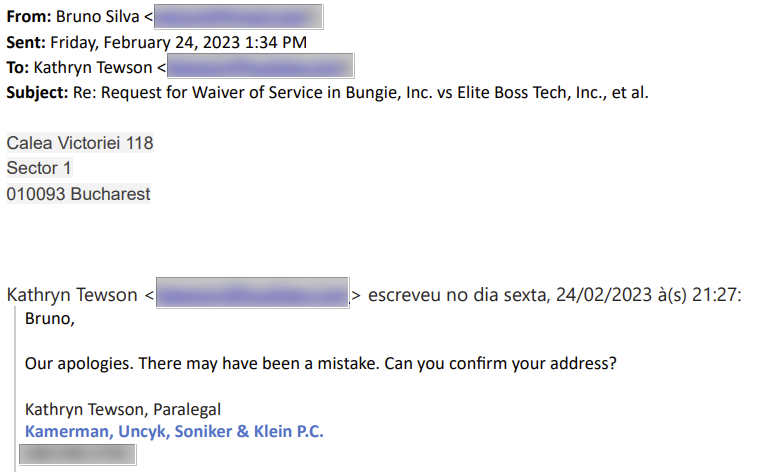
 At the end of 2020, the operator of one of the largest YouTube rippers took the unprecedented step of taking the music industry to court.
At the end of 2020, the operator of one of the largest YouTube rippers took the unprecedented step of taking the music industry to court.
